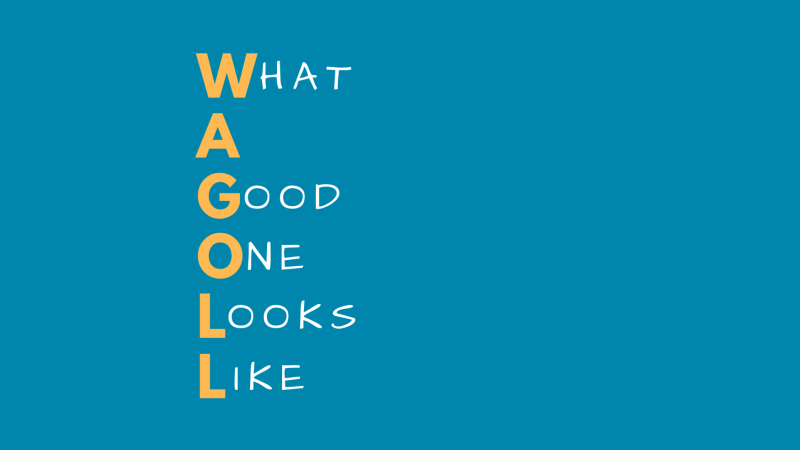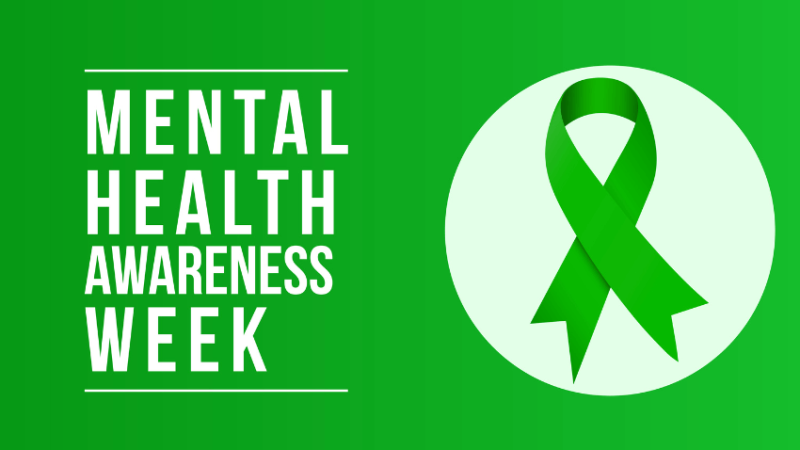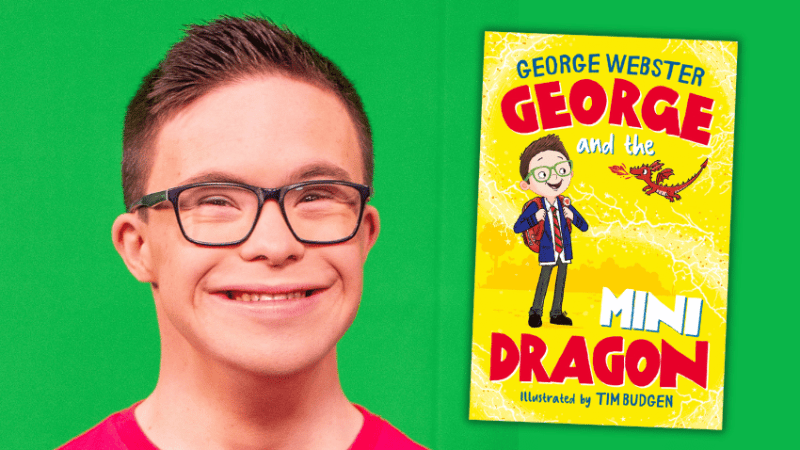Could Keeping Students Hydrated Really Improve Outcomes?

Would putting a water cooler in every classroom improve attainment? Glen Gilchrist wasn’t going to take a professor’s word for it…

Yes, I’m ‘that guy’. The one who sits in INSET and pulls apart everything that the speaker is saying, looking for gaps in arguments.
Give me the opportunity to ask questions and I will, much to the chagrin and eye rolling of my colleagues. Recently they’ve taken to making me promise to not ask anything before letting me into the session at all.
The trouble is, teachers are bombarded by well-intentioned, anecdote-based ideas and ‘The Next Big Thing’ (said in Movie Trailer Guy voice). And it was in this context I recently sat, listening to a panel discussion about ‘curriculum reform’.
It wasn’t long before the work of Hattie and effect sizes came up. I perked up here, as the conversation was moving to a more evidence-based footing.
What could government do to improve outcomes? Well, Hattie and the Education Endowment Foundation have lists of effect sizes to compare. Governments could start by looking at the published evidence.
Then it happened. I had an out-of-body experience and I fell down the rabbit hole.
No questions?
One of the distinguished professors leading the panel discussion proposed the idea that to improve outcomes we could start by “putting a water cooler in each class”.
The panel didn’t miss a beat, and the comment seemed to pass most of the audience by; no sharp intakes of breath and no clamber for the roving microphone to ask clarification questions.
I could see it immediately: Purple pens of progress, triple impact marking and The Power of Yet replaced in classrooms across the land by a simple water cooler. “Wonderful water of work” or “awesome aqua of attainment” would sweep the nation.
But seriously, water as the most cost-effective intervention? What was the effect size? Could I compare it to other interventions on Hattie’s list?
The meeting ended, with no time to discuss further. Remembering my pact not to ask questions, we went our separate ways.
But I’d fallen hard, and I couldn’t let it go. I had to know more. As you do, I ended up doing my own meta-study into the effect of hydration levels on learner cognitive processes. And the surprising thing was just how manageable it all was.
Do it yourself
As a teacher, the easiest gateway into primary academic research is Google Scholar, so I went looking for a meta-study on the impact of drinking water on the attainment of young people.
Trending
After a fruitless 30 minutes, I concluded that there wasn’t a suitable paper that would allow me to compare effect sizes.
“Ok”, I thought, “how hard can it be to actually do a meta-study myself?”
Very early in my searching, I came across “A bluffer’s guide to meta-analysis”, by Dr Andy Field from the University of Sussex (tinyurl.com/tsbluffers). He proposes five steps to doing a meta-analysis:
- Step 1: Do a literature search (hydration cognition school)
- Step 2: Decide on some ‘objective’ criteria for including / rejecting studies (must have data I can extract and be applied to 3-18-year olds)
- Step 3: Calculate the effect sizes (not overly complex, but lots of statistical conversions)
- Step 4: Do the meta-analysis itself (a weighted average of the effect sizes from step 3)
- Step 5: Write it up (now this step is the hard part)
I found 25 studies, reduced to nine after applying my objective criteria, from which I could extract effect sizes to complete my meta-analysis.
So, what was the view from the bottom of the rabbit hole?
Measurable impact
Well, overall, I found an effect size of d=0.34, which is not massive and falls short of Hattie’s hinge point of d=0.40.
Looking deeper, individual studies show effect sizes from d=1.40 down to d=-0.2 (hydration reduced cognitive processes in some cases), and it appears that the impact on students’ attention is highest at d=0.47.
Who’d have thought it? Hydration does make an impact, experts do know what they are talking about, teachers can undertake meta-studies themselves… and the rabbit hole is an interesting place to be.
If you are interesting in this meta-study journey, more detailed methodology can be found at glengilchrist.co.uk.
 Glen Gilchrist works within the school improvement service in South Wales supporting primary and secondary teaching and learning in mathematics and science. You can find him at the back of INSETS wanting – but agreeing not – to ask questions.
Glen Gilchrist works within the school improvement service in South Wales supporting primary and secondary teaching and learning in mathematics and science. You can find him at the back of INSETS wanting – but agreeing not – to ask questions.











